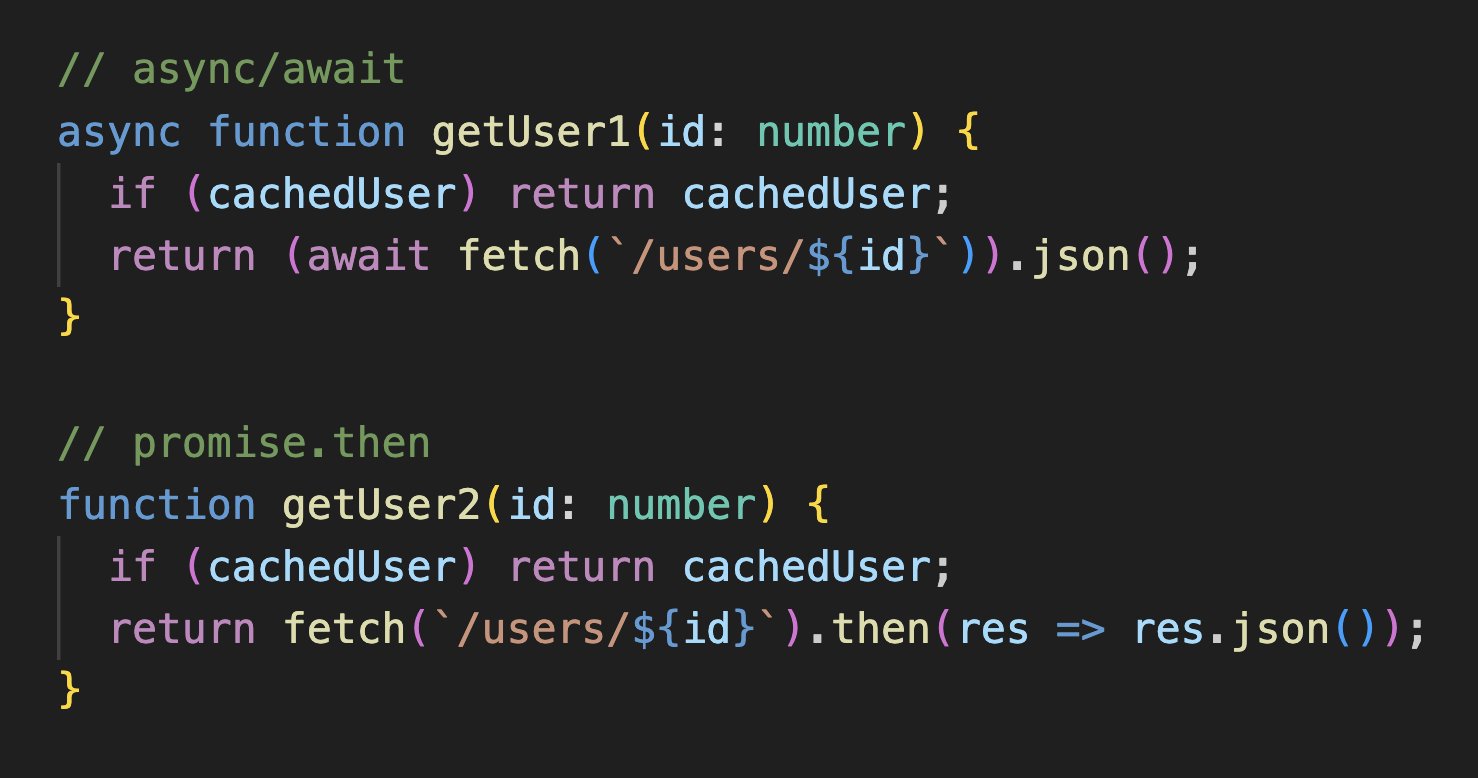Tagged Template Literals - Why is unwrapped props value reactive?
The docs at https://github.com/solidjs/solid/tree/main/packages/solid/html indicate that reactive variables must be manually wrapped when using tagged template literals, yet this basic example still works,
https://playground.solidjs.com/anonymous/45f46e73-ac35-4455-a03b-f8501027fe23
Clarification: I am referring to line 25. It is unwrapped yet is still reactive.
I was just curious, why is this?
Expected behavior: Label2 shouldn't be reactive.
Actual behavior: Label2 is reactive.
https://playground.solidjs.com/anonymous/45f46e73-ac35-4455-a03b-f8501027fe23
Clarification: I am referring to line 25. It is unwrapped yet is still reactive.
I was just curious, why is this?
Expected behavior: Label2 shouldn't be reactive.
Actual behavior: Label2 is reactive.
GitHub
A declarative, efficient, and flexible JavaScript library for building user interfaces. - solidjs/solid

Quickly discover what the solid compiler will generate from your JSX template











